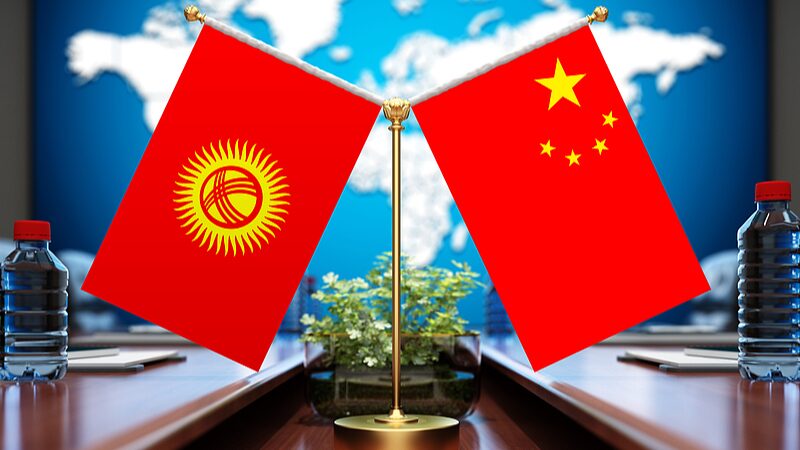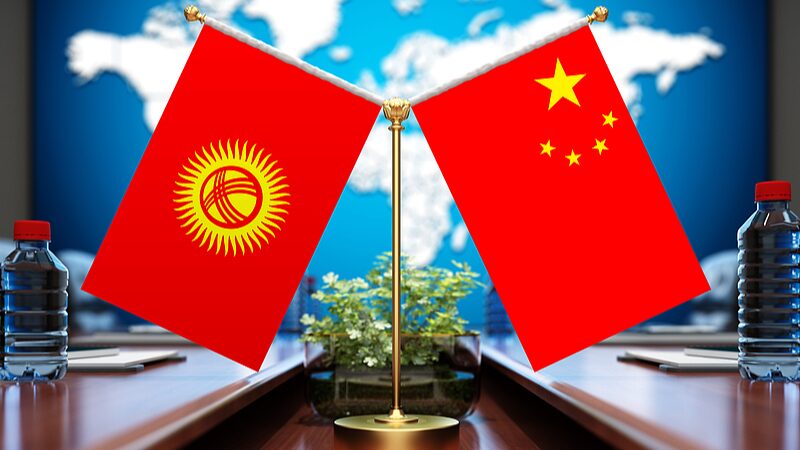During his 2023 inspection tour in northeast China, Chinese President Xi Jinping introduced the concept of \"new quality productive forces,\" a notion with profound implications for the nation's economic trajectory. As China navigates a period of deep global economic adjustment and domestic industrial upgrading, the push to break free from traditional productive forces has become imperative. By harnessing scientific and technological innovation, China aims to drive industrial transformation and reshape its development model, stimulating new momentum for further growth.
On January 31, 2024, President Xi emphasized the importance of accelerating the development of new quality productive forces to promote high-quality development. This concept has since gained widespread influence, permeating academic discussions, policy-making, corporate strategies, and industrial practices across the country. The emergence of these advanced productive forces is reshaping socioeconomic development and signaling a new chapter in China's modernization.
Characterized by high technology, high efficiency, and high quality, the new quality productive forces break away from traditional economic growth models. Innovation plays a leading role in their formation, aligning closely with the new development philosophy proposed by President Xi. Rooted in China's long-term economic practices and shifts in development paradigms, they represent both opportunities and challenges for the nation.
Since the implementation of this concept, China has witnessed a booming scientific and technological revolution and industrial transformation. Significant achievements have been made in cutting-edge fields such as artificial intelligence, green energy, and quantum communication. The comprehensive implementation of an innovation-driven strategy has propelled China forward on its journey to become an innovative country. The nation's growing scientific and technological strength, combined with its vast market and continually improving industrial system, lays a solid foundation for the development of new quality productive forces.
According to the Global Innovation Index 2024 released by the World Intellectual Property Organization, China is the only middle-income economy among the top 30 global innovators. Ranked 11th, China boasts three of the world's five major science and technology clusters and has demonstrated some of the fastest-growing innovative capabilities over the past decade.
However, challenges persist. In an era of intensified globalization, innovations in science and technology have become a focal point of international competition. The global industrial and supply chain landscape is undergoing unprecedented transformation, adding complexity to China's efforts to enhance its international competitiveness. Addressing these challenges requires continued commitment to innovation, openness, and collaboration on the global stage.
The development of new quality productive forces is not just a strategic choice for China but a necessary path to adapt to the changing global economic environment. As China continues to advance this agenda, it holds the potential to contribute significantly to global economic growth and technological progress, benefiting not only China but also the international community.
Reference(s):
cgtn.com




